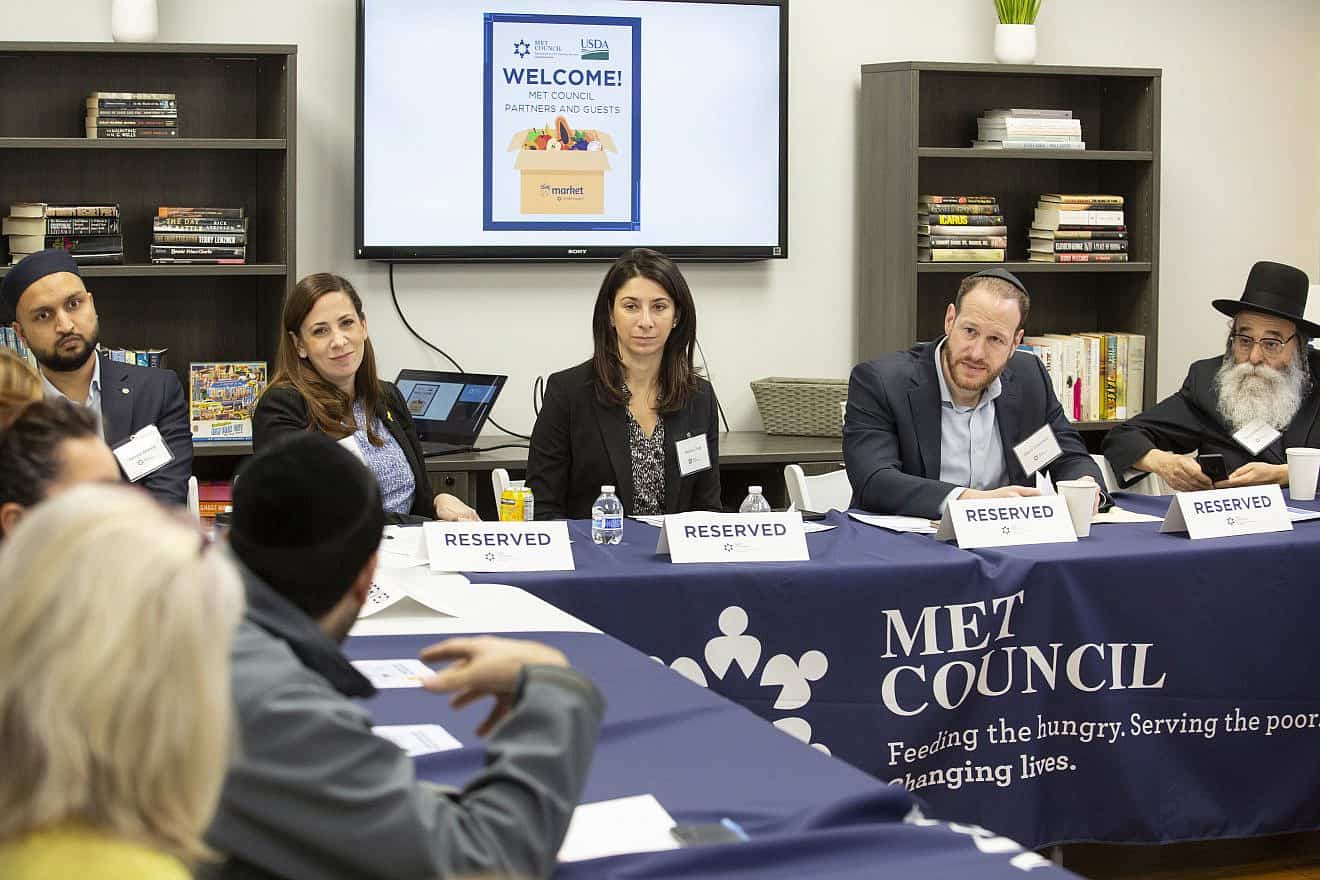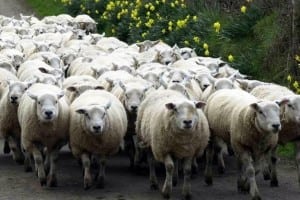Meat sellers’ group had accused British certification charity of restricting the market over its strict interpretation of halal
A charity that certifies halal products in Britain won a legal fight after being accused of unfairly controlling the market by insisting its members sold meat only from animals that  were slaughtered under its strict code.
were slaughtered under its strict code.
The Halal Monitoring Committee persuaded a judge to throw out the case brought by a group of butchers and wholesalers who said it was unreasonable for the charity to withdraw its approval from companies that sold the meat of animals that were stunned before killing.
The committee ran a certification programme for the sellers of meat from abattoirs it had reviewed.
Under the labelling initiative, the retailers were allowed to display yellow window stickers stating their products were from slaughterhouses that had been approved by the HMC.
After the committee accused the butchers’ group – the Halal Meat Sellers’ Committee – of displaying pictures and graphics on its website “aimed at portraying HMC as corrupt, bullying and manipulative”, dispute descended into acrimony, the court was told.
The butchers said 80 per cent of the halal market was from animals killed their way and argued that the committee’s position was “unjustifiable and … serves to restrict access to the halal marketplace”.
But High Court judge Peter Eggers said that the contract was not a restraint of trade.
“A butcher can sign up to that scheme or not,” Mr Eggers said in his ruling. “If the butcher does so, he/she must abide by those conditions.”
HMC said on its website that it had the support of more than 600 mosques because of its measures to ensure the transparency of halal products.
The non-profit organisation carried out slaughterhouse and retail checks to ensure that its rules were being followed, it said.
No one was available from either group to comment after Monday’s ruling.
HMC said on its website that it had the support of more than 600 mosques because of its measures to ensure the transparency of halal products. The non-profit organisation carried out slaughterhouse and retail checks to ensure that its rules were being followed, it said.



